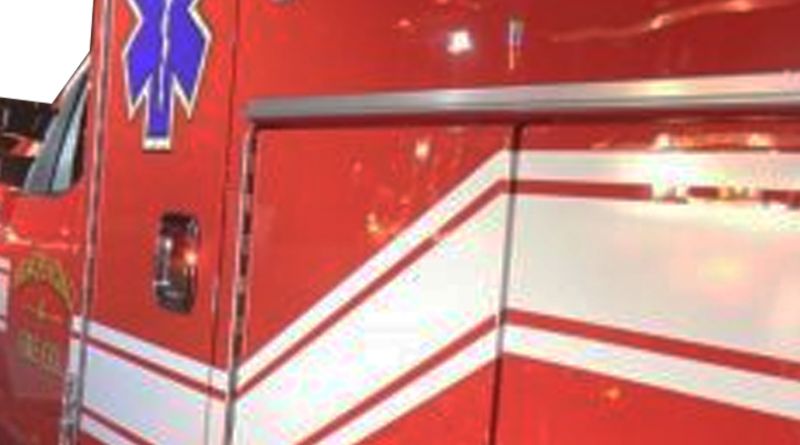For most of us, the coronavirus pandemic means sitting in our home and trying to pass time each day. For some others, the outbreak means working on the frontlines.
As part of an ongoing series of articles, we have asked for their stories. Here are a few of those stories.
Anonymous Nurse
The best way to explain this is that we are fighting a war with an invisible enemy with no armor that we didn’t sign up for, but are still showing up every day to fight because that’s what we do. It is knowing that I could be facing death with two little ones at home, it’s knowing that I could lose people I’ve worked with and love. To say it is a scary reality that we are facing straight on and then watching people not taking it seriously is so frustrating. The stark reality is people have died, people are going to die, and I can only pray that it’s not me or someone I care about, I can pray that I don’t bring this home to my family. I am grateful for my faith, family, and friends because that is what is getting me through this.
Anonymous EMT
I’m not scared for myself, but I’m afraid of possibly infecting someone else. That’s forced me to stop seeing my girlfriend. We will have to make do with contactless park hikes while I wear a mask and refrain even from handholding. My brother is in a similar situation as a paramedic, battling with the question of needing to spend this time apart from his wife.
And, I know this hurts our mother, not being able to see or hug her sons. I’m sure she’s not alone with that complaint.
Life around the firehouse
Life is different at firehouses across the state. Firefighters are taking each other’s temperature at the station, practicing social distancing, canceling in-person training and are cleaning more frequently. It also means fewer people around the stations.
With an uptick in the number of possible COVID-19 patients, ambulance crews are having to don protective gear and decontaminate the ambulance more often. Some crews are also having to change clothes after a possible COVID patient is transported. Crews try and keep the truck cab isolated from the patient compartment. If the driver has to be involved in a call the cab of the ambulance has to be decontaminated as well as the patient area in the rear. If they can’t wear an N95 mask for some reason, they are wearing respirators masks of some type. Either gas mask style or the hood type.
If you are a first responder, truck driver, daycare worker, grocery store worker or someone else helping the rest of us get through this we would like to hear your story. Message us on Facebook you will remain anonymous.

